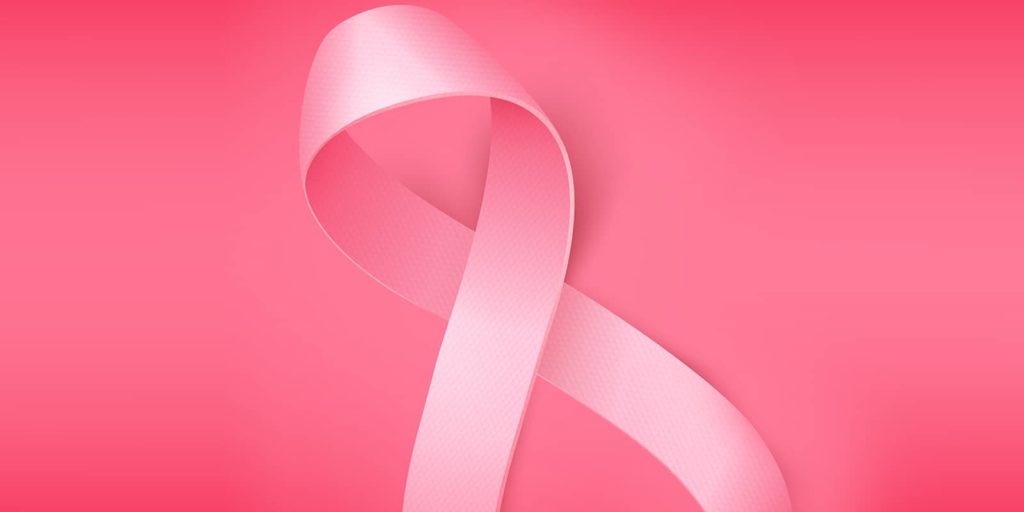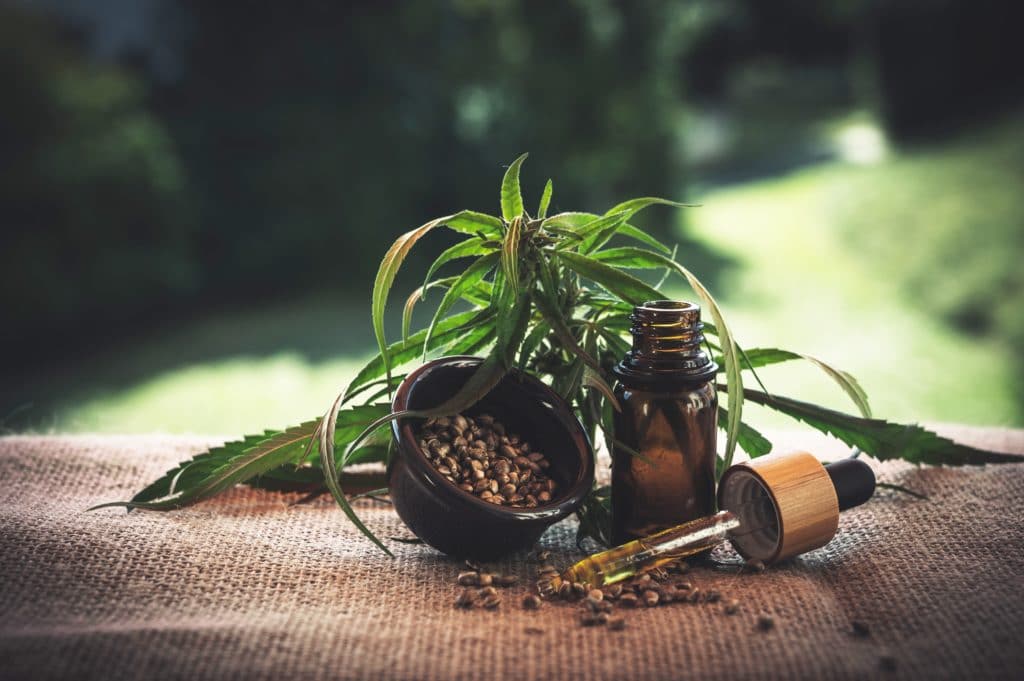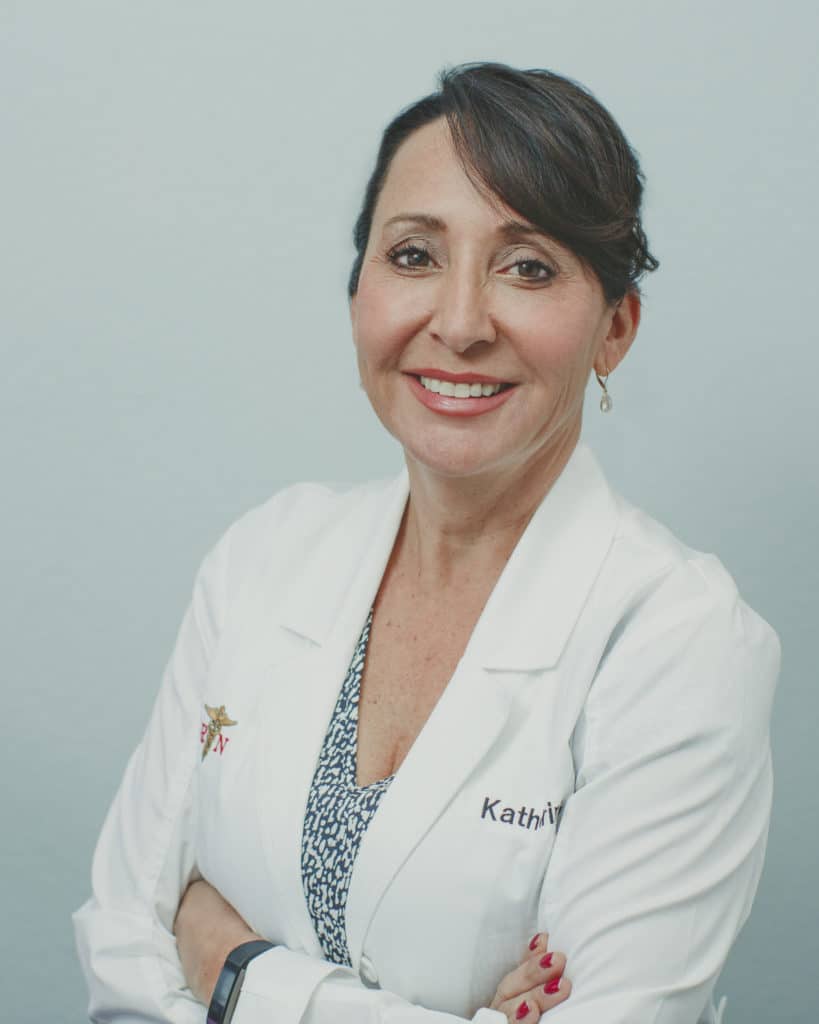A cancer diagnosis is a frightening, terrible thing to hear from your doctor. With a few short sentences, your mortality is now threatened and your life has instantly changed. One in eight women will be diagnosed with breast cancer in their lifetime and it’s the second leading cause of cancer death among women. Those are dreadful statistics, but research shows that early detection is the key to recovery. This includes performing a monthly self-exam, along with regular breast exams and mammograms by your physician. While the medical community may differ as to the recommended frequency of visits and mammograms, medical professionals agree that early detection saves lives.
A healthy lifestyle is a critical prevention tool. According to the National Breast Cancer Awareness Foundation, a low-fat diet combined with fruits, green and orange vegetables, and regular exercise may reduce the risk of developing breast cancer. There is some evidence that cutting back on alcohol may reduce the risk of a breast cancer diagnosis. Fortunately, cannabis can be extremely helpful for women (and men) seeking to reduce or even eliminate their alcohol consumption.
Medical Marijuana and Breast Cancer
It’s not easy to come to terms with cancer, but with proper medical treatment, there is hope for recovery and survival. It’s now common knowledge that medical marijuana helps cancer patients ease the debilitating side effects of chemotherapy and radiation treatments. In a hopeful step further, recent studies show promising results for using cannabis in treating breast cancer directly by attacking tumor growth and cancer cell proliferation. They are preliminary results and in no way indicate a cure, but the results are positive nonetheless.
As medical marijuana use proliferates across the U.S., additional research may soon be underway to help cancer patients. While the federal government has intentionally and duplicitously blocked research in the past, it is finally moving forward, albeit slowly. The VA Medicinal Cannabis Act is currently pending in the House of Representatives and if passed into law, it would facilitate more medical marijuana research through the Veterans Administration. In addition, a summary by the National Cancer Institute finally acknowledges the following key information:
- Cannabis has been used for medicinal purposes for thousands of years.
- Commercially available cannabinoids, such as dronabinol and nabilone, are approved synthetic cannabis pharmaceutical drugs for the treatment of cancer-related side effects.
- Cannabinoids may have benefits in the treatment of cancer-related side effects related to nausea and vomiting.
The fact that the U.S. government is acknowledging positive medical benefits for cancer patients is a very welcomed development.
Doctors and Medical Marijuana
According to a 2016 study published in the Journal of the American Medical Association, a 2013 poll of 1,446 physicians revealed that seventy-six percent approved the use of medical marijuana citing their “responsibility as caregivers to alleviate suffering.” If you are a cancer patient, talk to your oncologist about medical marijuana and how it may play a role in your treatment. They may not have direct recommendations for cannabis products, but they may provide helpful information regarding medical marijuana in your treatment regimen. You can then visit a licensed medical marijuana physician and talk with him or her about your condition and needs.
Medical Marijuana Dispensaries for Cancer Patients
In the 31 states and Washington D.C. where medical marijuana is legal, the next step is to do your own research, find a dispensary, and speak with a “budtender” about your condition. Staff training and knowledge may differ with each dispensary, but hopefully, they will understand a breast cancer patient’s specific needs and recommend an appropriate, effective strain. It may take a few visits to different dispensaries to find the right fit for you, but developing a comfortable, trusting relationship with a dispensary can play an important role in your treatment and recovery. They can also discuss a variety of consumption methods beyond smoking. The good news is that in many states, home delivery options are becoming available, eliminating trips to the dispensary to fill your prescription.
Support Groups for Breast Cancer Patients
We encourage our Three Wells community to start conversations and share your cannabis experiences with each other. Please let us know how we can be of help if you are a patient or survivor of breast cancer. What resources can we possibly provide? Is there more information that you would like to see?
We also understand that it’s important to find support within other organizations. The National Breast Cancer Foundation has an online support group available 24/7 at Beyond The Shock. According to their website, you can “ask questions and get answers from your fellow survivors, learn more about breast cancer, and hear the inspiring stories of real people.” They also provide a list of additional resources here.
The Susan G. Komen foundation also offers a support group. It’s important to point out that men can also receive a breast cancer diagnosis which entails a completely different set of needs. This is why the foundation also provides a support group for men. The American Cancer Society provides online support and information on local resources. CancerCare also provides support as do a plethora of local organizations.
Beyond October
For patients, breast cancer awareness doesn’t end on October 31. It’s an ever-present battle, and October is simply another month to fight and take back their lives. Early detection helps as does modern medicine, and Cannabis plays a crucial role in easing the serious side effects of treatment. As research continues, medical marijuana may play a larger impact on breast cancer treatment. For those women and men who suffer from breast cancer, our hearts go out to you and we urge you to not give up the fight. We offer our love and support in any way we are able.
Philip Rebentisch is a writer and Content Editor for Three Wells.
Wilkie G, Sakr B, Rizack T. Medical marijuana use in oncology: a review. JAMA Oncol. 2016 Mar 17. doi: 10.1001/jamaoncol.2016.0155 [Epub ahead of print]




